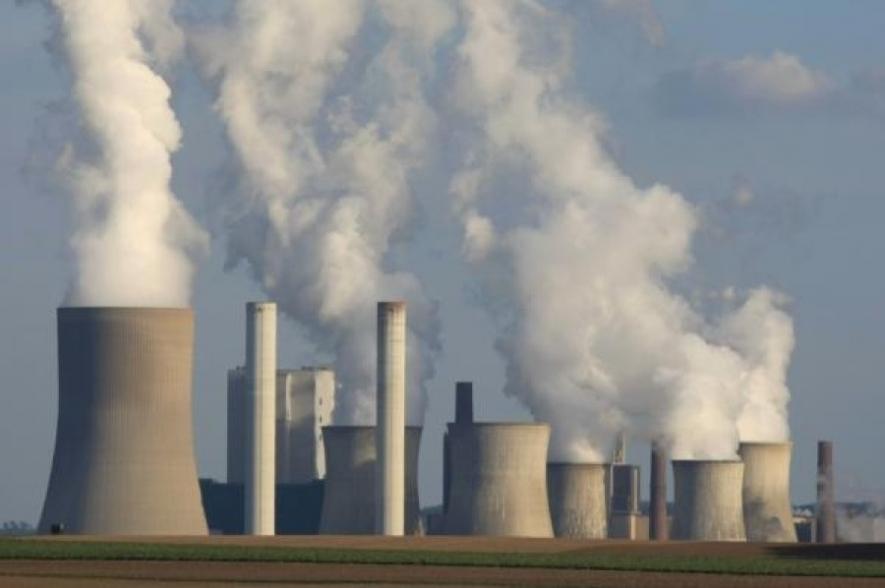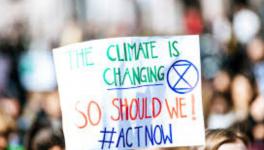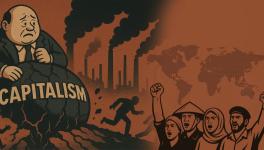Future Climate Policies can Reduce Emissions Even Before They Come Into Effect: Study

Will the announcement of carbon taxes levied for reducing carbon emissions discourage investors from further exploiting fossil fuels and reduce emissions? Or will it have the opposite effect, driving investors to exploit fossil fuels as much as possible and drive up their profits until the tax actually comes into force? A new study published in Nature Climate Change looks at the two possible scenarios to determine which effect will dominate.
The team of researchers used two energy economy-models to study these two effects, namely the green paradox and divestment. Their results concluded that it is possible to reduce emissions even before enforcement of carbon taxes takes place. This can happen if policy makers announce carbon taxes with a strong intent of enforcement, and do not give a long time period between the announcement and enforcement of carbon taxes.
Lead author of the study, Nico Bauer from Potsdam Institute for Climate Impact Research, was quoted saying, "Strong future climate policies can reduce emissions even before they come into effect if they are credibly announced.”
Bauer said that if investors have the knowledge of carbon policies being introduced in the future, they will start pulling their money out of fossil fuels. "They shy away from investing in fossil fueled power plants as they realise that the lifetime during which these plants will make money will be curtailed by the future climate policy.”
But the results favouring divestment depend on certain assumptions. "Our results hinge on some crucial assumptions—that policymakers can commit to introducing strong climate policies several years into the future, that the carbon pricing is uniform across regions, that investors believe the policy-makers will do what they say they will do, and that investors are shrewd in adapting their investment strategies accordingly,” said Paul Ekins, co-author of the study.
The divestment effect is strongest for coal-fired power plants according to the study. This is because coal plants have a much higher capital cost, and much higher level of emissions per kilowatt hour of energy generated.
This is coupled with a weak green paradox effect for oil. Investors are not motivated to boost oil production in the years before carbo pricing is done. This is due to three key reasons. Firstly, oil demand does not change much with price. Secondly, there are many constraints to explained oil production beyond baseline levels. Thirdly, since emissions from burning oil are low, carbon pricing does not change the costs of oil consumption as much as it affects coal.
Climate change policies at the moment are insufficient in mitigating global weather changes. In India, there is no policy in place till 2021, until the Paris Agreement kicks in. Even when it does, there are no provisions for any sort of carbon taxes being levied. This study looks at a longer time frame for making predictions about the market response. “Only if CO2 pricing starts very late, for example not before 2050, and then at a very low level, anticipation by market forces leads to an increase in CO2 emissions instead of a decrease,” said Jérôme Hilaire, a co-author of the study. With the rapid increase in extreme weather events, can we afford to wait till 2050 for introducing the much needed carbon pricing? And will it be possible to limit global increase in temperature to 2 °C in this time frame?
Get the latest reports & analysis with people's perspective on Protests, movements & deep analytical videos, discussions of the current affairs in your Telegram app. Subscribe to NewsClick's Telegram channel & get Real-Time updates on stories, as they get published on our website.
























